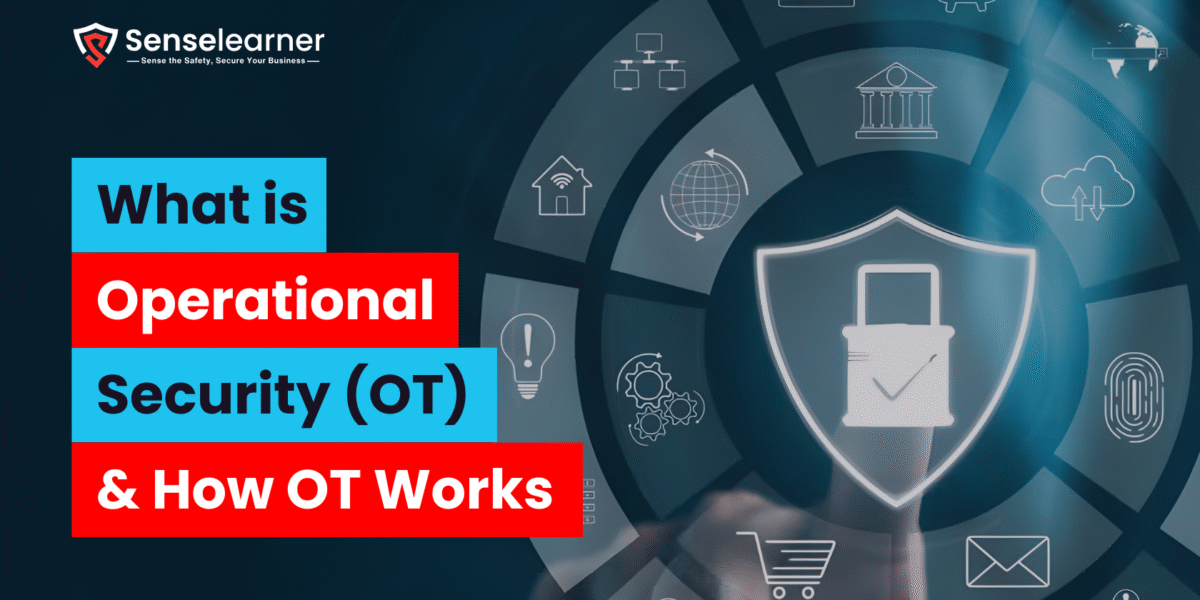Table of Contents
continuous integration (CI) is a core practice In Agile and DevOps, that improves collaboration by enabling numerous contributors to work productively on a single codebase. It replaces an automated, smooth method for the difficult manual procedure of coordinating updates and combining modifications. Through constant code integration, teams may minimize conflicts, identify problems early, and keep a steady workflow. This procedure guarantees better code quality and more efficient delivery cycles in addition to speeding up development.
Continuous Integration Tools
By automating code integration, testing, and deployment, Continuous Integration and Continuous Delivery (CI/CD) systems are essential to contemporary software development. Teams can enhance communication, decrease errors, and speed up delivery with the correct CI/CD solution. Each tool has its own advantages, ranging from cloud-native services like AWS CodePipeline and Azure Pipelines to open-source platforms like Jenkins and GitLab.
1-Bitbucket Pipelines
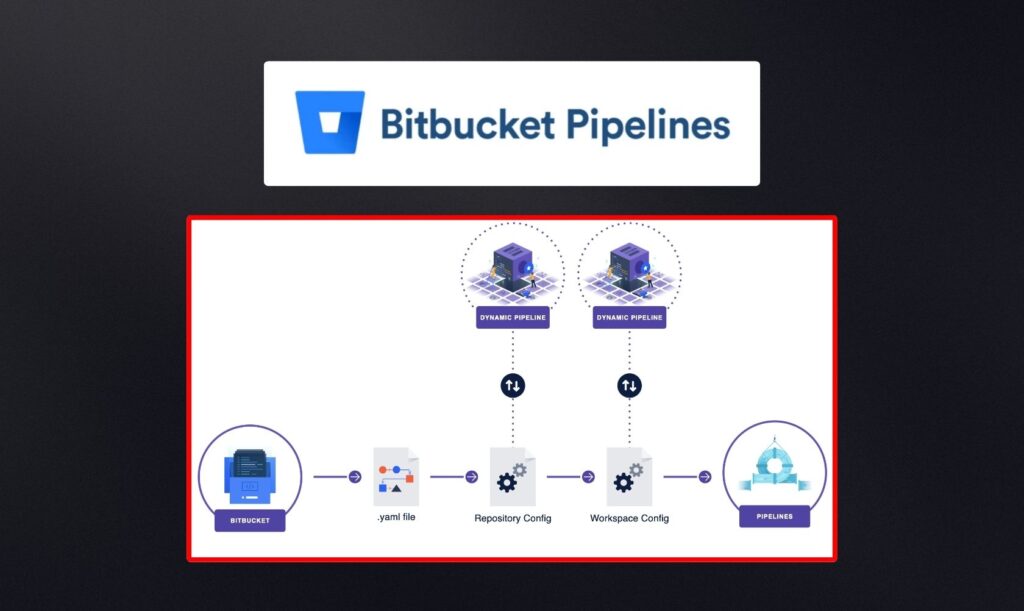
A built-in continuous integration solution in Bitbucket, Atlassian’s cloud-based version control system, is called Bitbucket Pipelines. For projects that are already hosted on Bitbucket, it offers an easy method to set up continuous integration. Because pipelines are code-defined and code-managed, it is simple to commit configurations and start builds straight from the repository. Continuous Deployment (CD), which Bitbucket Pipelines supports in addition to CI, enables projects to be smoothly launched into production settings. Faster, more dependable delivery cycles are guaranteed by this integration
2- Jenkins
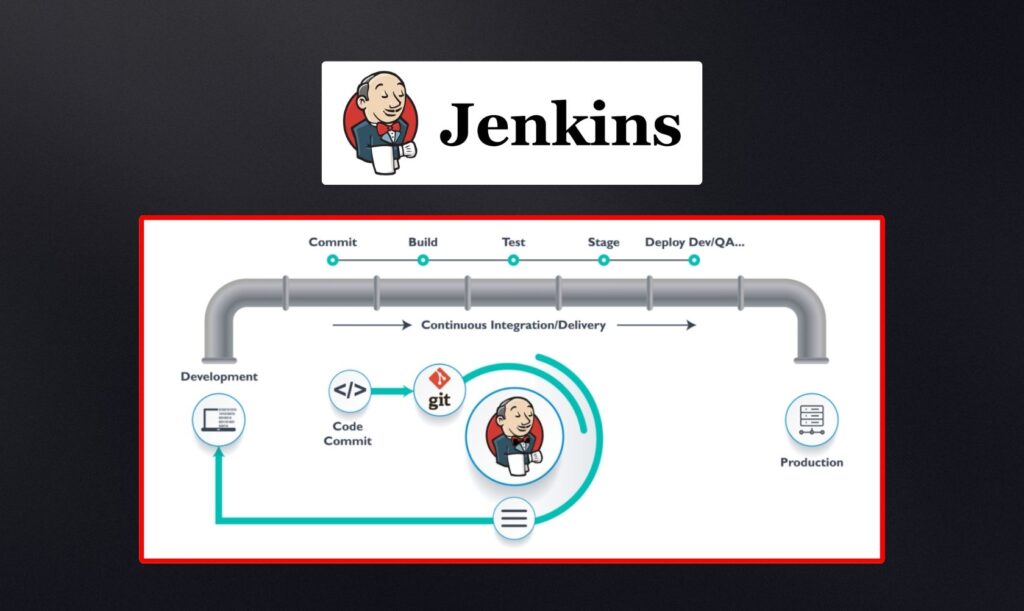
Jenkins is one of the most popular open-source automation servers for Continuous Integration and Continuous Delivery (CI/CD) By automating the processes of application development, testing, and deployment, developers may minimize human error and effort. Jenkins is compatible with practically any development, testing, and deployment tool because to its extensive plugin ecosystem. Its ability to accommodate both basic pipelines and intricate workflows makes it extremely adaptable to various project requirements. Because it is open-source, it provides ongoing enhancements and robust community support. Because of this, Jenkins is a dependable option for expediting the software delivery process.
Also read why is CI/CD IMPORTANT?
3 AWS CodePipeline
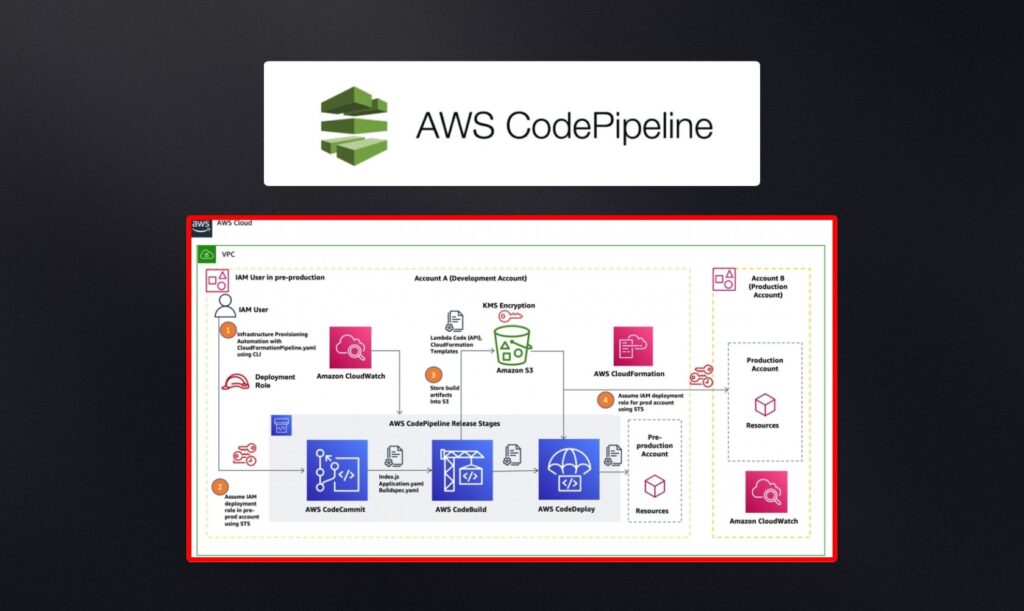
Amazon Web Services, offers a fully managed CI/CD service called AWS CodePipeline, One of the top competitors of cloud infrastructure. For a smooth cloud experience, it connects easily with other AWS products and automates the creation, test, and deployment processes. It offers scalability and stability for projects of any scale because it is fully cloud-based. Teams can expand functionality to suit certain processes with CodePipeline’s support for custom plugins. It guarantees secure and effective software distribution with strong access control and security measures. For businesses who are currently using the AWS environment, this makes it a strong choice.
4- CircleCI
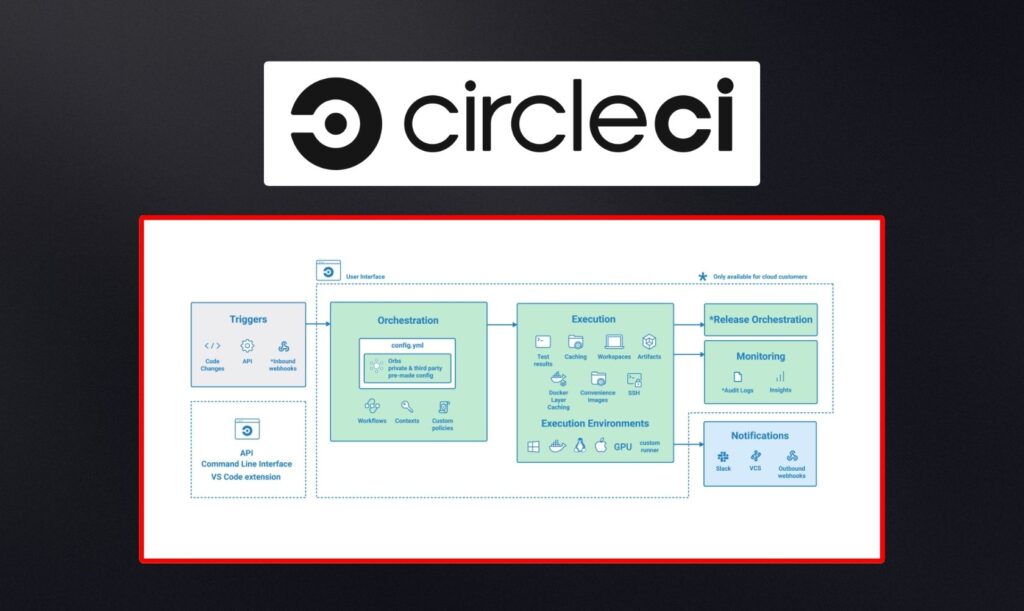
CircleCI is a highly flexible CI/CD platform, it easily connects to GitHub and other well-known version control systems. Because it supports so many different container technologies and delivery mechanisms, it can be tailored to a variety of processes. Depending on what they require, teams can opt for an on-premises configuration or a cloud-based service. Features like notification triggers, performance optimization for quicker builds, and simple debugging via local builds or SSH are all provided by CircleCI. Furthermore, its analytics offer insightful information for assessing and enhancing build performance. For contemporary development pipelines, CircleCI is a great option due to its speed and flexibility.
5- Azure Pipelines
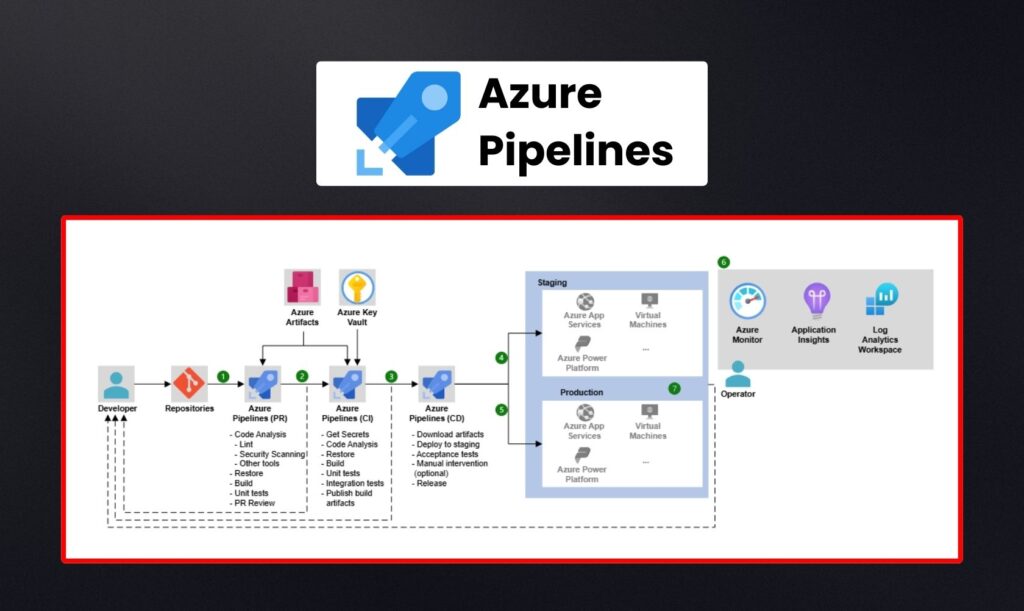
Microsoft’s CI/CD solution, Azure Pipelines, is completely integrated into the Azure cloud environment. It uses Azure’s hosting capabilities to simplify the development, testing, and deployment of apps, much like AWS CodePipeline. Along with compatibility for containers and multi-platform workloads, it provides robust support for Windows environments. Collaboration becomes easier with GitHub integration, which allows automated workflows to be run straight from files. Azure Pipelines offers a dependable and adaptable choice for present-day software delivery thanks to its broad Azure platform connectivity.
6- Gitlab
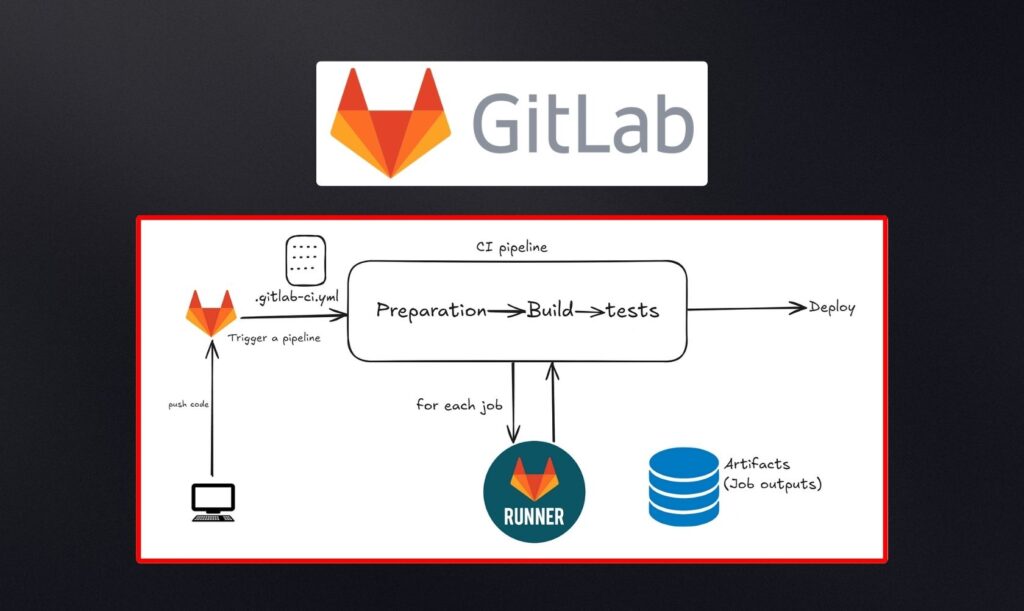
GitLab is a powerful continuous integration solution that offers a full DevOps experience, going beyond version control. It was created to enhance traditional workflows and provides an innovative, user-friendly interface that is simple to understand and utilize. GitLab’s integrated container support makes it easier to develop and deploy applications in a variety of settings. By offering both on-premises and cloud hosting choices, it offers flexibility and meets a range of organizational requirements. Security is a top priority, and to identify problems early, continuous security testing is incorporated into the pipeline. Teams may implement CI/CD techniques more quickly because to its simplified design, which also enhances productivity and communication. Because of this, GitLab is a strong substitute for other CI/CD systems available on the market.
7- Atlassian Bamboo
Atlassian Bamboo is a self-hosted CI/CD platform. It offers teams greater command over the development and deployment procedure. Collaboration and tracking are made simpler by its seamless integration with Atlassian tools like Jira and Bitbucket. Bamboo has a vast ecosystem of plugins for further flexibility and supports Docker agents for containerized builds. Teams can save time and automate processes with its Trigger API. Bamboo is a good option for centrally managing CI/CD pipelines because it is simple to use and very adaptable.
Read what is CI/CD?
What is the Best CI Tool for your Company
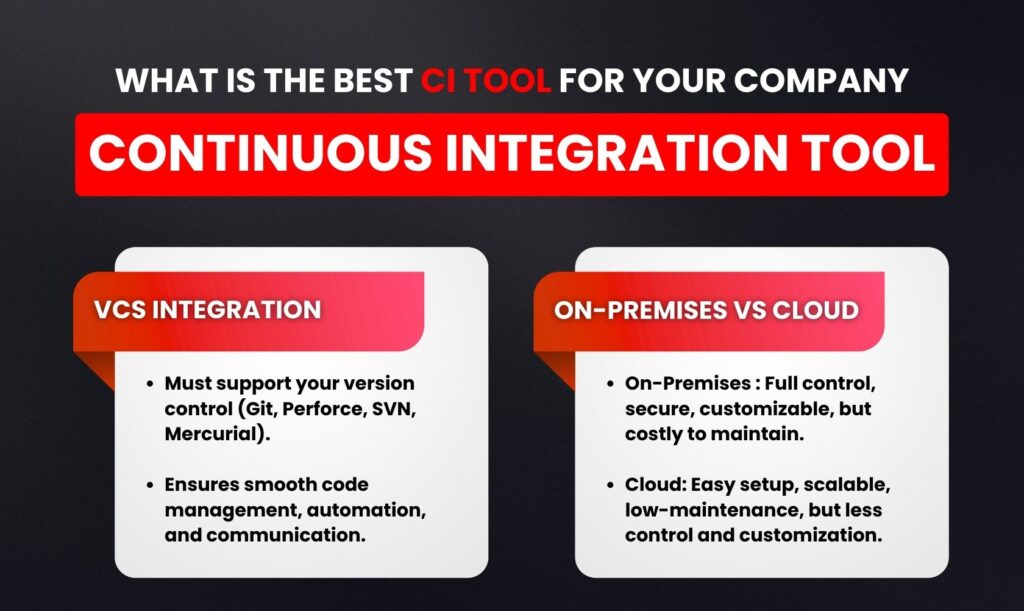
Consider a few key aspects when selecting a continuous integration (CI) platform for your organization.
version of control system
The backbone of any CI/CD system is an effective version of control system (VCS) integration. Perforce, Git, Subversion, and Mercurial are popular VCS choices. While the degree of integration varies, most cloud-based CI systems support one or more of these. Selecting a CI technology that is fully compatible with the VCS for your project ensures better code management, quicker automation, and more efficient communication. It is far more difficult to sustain an effective development workflow in the absence of this connection.
On-premises vs Cloud
On-premises deployment of certain CI solutions, like Jenkins, allows teams complete control over their CI/CD infrastructure. In this configuration, installation, configuration, and continuing management fall under the authority of the organization. When strict data security, privacy, or compliance requirements must be satisfied, on-premises solutions are frequently chosen. Additionally, they provide more customization and optimized setups for particular processes. This method can provide greater control and flexibility, but it also demands more money and upkeep. On-premises implementation may be the best option for groups managing sensitive data or looking for more customization options.
1 How do you choose between cloud-based and on-premises CI/CD solutions?
Data security, compliance requirements, scalability needs, and infrastructure availability all influence the decision. While cloud-based solutions offer simpler setup and scalability, on-premises options give control and flexibility.
2 Why is compatibility with Version Control Systems (VCS) important when choosing a CI/CD tool?
Automation pipelines may have delays, manual intervention, or limited cooperation if VCS integration is not done correctly. Efficient workflows and seamless code management are guaranteed by a CI/CD tool that works in harmony with your preferred VCS.
3 Can deployment efficiency be increased with container support in CI/CD pipelines?
Indeed. Containers reduce deployment failures by offering consistency across environments. Builds and testing are streamlined by CI/CD technologies with integrated container support, ensuring quicker and more reliable delivery
4. In what ways does the CI/CD process benefit from Continuous Security Testing?
Rather than after deployment, continuous security testing finds vulnerabilities early in the pipeline. This keeps the development cycle from slowing down while lowering risks, increasing compliance, and guaranteeing higher-quality releases.



